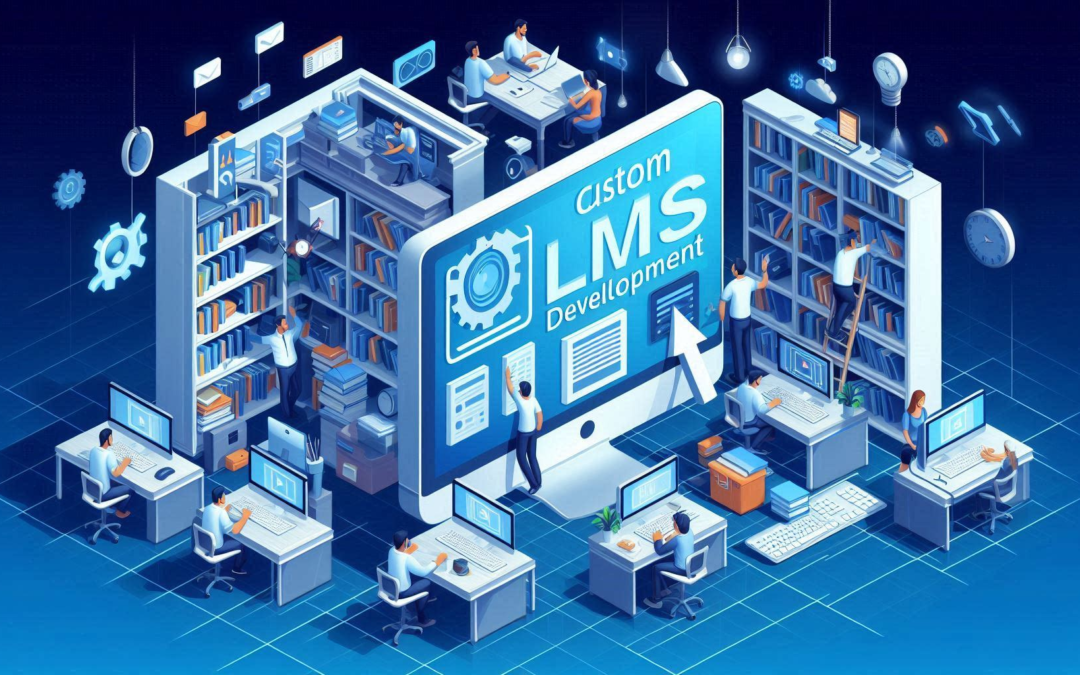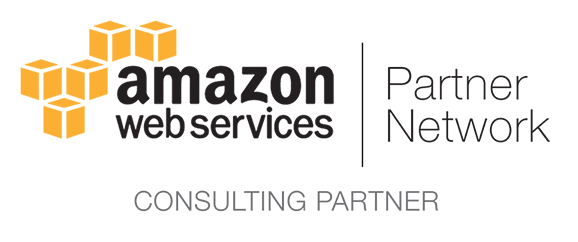If you’re looking for a Learning Management System (LMS), you may have come across numerous off-the-shelf options. Although these platforms can be appealing because they’re ready to use right away, have you thought about the advantages of custom LMS development? Today, let’s discuss why a personalized solution could be the best fit for your institution or organization.
What’s the Deal with Off-the-Shelf LMS?
Off-the-shelf LMS platforms are pre-built systems that can be purchased and implemented quickly. They often come with a range of features that are suitable for many organizations. However, these systems also have their limitations.
Pros of Off-the-Shelf Solutions:
Quick Implementation:
You can start using the platform almost immediately.
Cost-Effective:
They often have lower upfront costs compared to custom solutions.
Standard Features:
Many come with a robust set of features that might fit your basic needs.
Limited Customization:
You might have to adjust your processes to fit the platform, rather than the other way around.
One-Size-Fits-All Approach:
What works for one organization might not work for another, leading to inefficiencies.
Dependency on Vendor Updates:
You’re at the mercy of the vendor for updates and feature additions, which may not align with your needs.
Why Go Custom?
Now, let’s dive into the reasons why custom LMS development might be the better path for you.
1. Tailored Features to Fit Your Needs
What It Means:
With a custom LMS, you can design features specifically for your organization’s requirements. Want a unique assessment method? No problem. Need integration with your existing systems? You’ve got it.
Why It Matters:
This level of customization ensures that the LMS aligns perfectly with your teaching or training methodology, leading to a more effective learning experience.
2. Scalability for Future Growth
What It Means:
A custom LMS can be built with scalability in mind. As your institution grows, you can easily add new features, users, or courses without the limitations that often come with off-the-shelf platforms.
Why It Matters:
Investing in a solution that can evolve with your needs means you won’t have to constantly re-evaluate your platform as your organization expands.
3. Better User Experience
What It Means:
Custom solutions allow you to design an intuitive interface tailored to your users—whether they’re educators, students, or administrators. You can create streamlined workflows and easy navigation based on their specific needs.
Why It Matters:
A better user experience leads to higher engagement rates. If users find the platform easy and enjoyable to navigate, they’re more likely to use it effectively.
4. Full Control Over Data and Security
What It Means:
When you develop a custom LMS, you have complete control over your data. You can implement specific security protocols to protect sensitive information and ensure compliance with regulations.
Why It Matters:
In an age where data breaches are all too common, having control over your security measures is crucial. Custom development allows you to tailor these measures to fit your organization’s unique needs.
5. Long-Term Cost Efficiency
What It Means:
While the initial investment in a custom LMS may be higher, consider the long-term savings. You won’t be paying ongoing licensing fees or costs associated with switching platforms later on.
Why It Matters:
Over time, a custom solution can be more cost-effective, especially if you anticipate significant growth or require unique features that would incur additional costs in off-the-shelf systems.
6. Dedicated Support and Maintenance
What It Means:
With custom development, you can establish a relationship with your development team for ongoing support and maintenance. This ensures that any issues can be resolved quickly and that the system continues to evolve based on your feedback.
Why It Matters:
Having a dedicated team familiar with your specific system means faster troubleshooting and a more responsive development cycle.
Conclusion:
The Best Fit for Your Needs
In summary, while off-the-shelf LMS platforms may offer quick solutions, custom LMS development provides tailored features, scalability, better user experiences, and greater control over data. If you’re serious about creating an effective learning environment that truly meets the needs of your organization, investing in a custom solution is worth considering.
So, what’s your take? Have you had experiences with off-the-shelf LMS solutions? Or are you leaning toward a custom development path? I’d love to hear your thoughts in the comments! Let’s empower education together!






